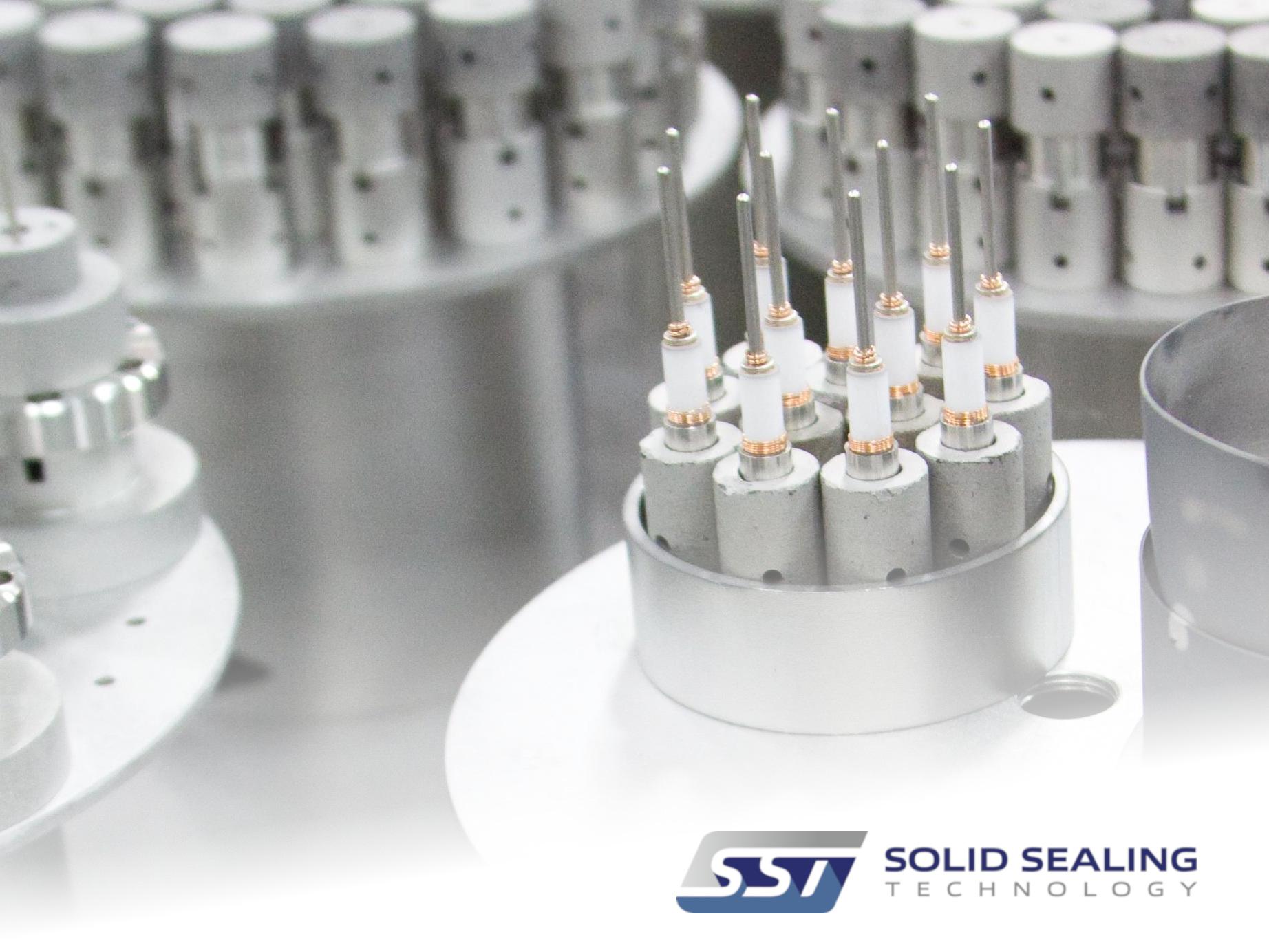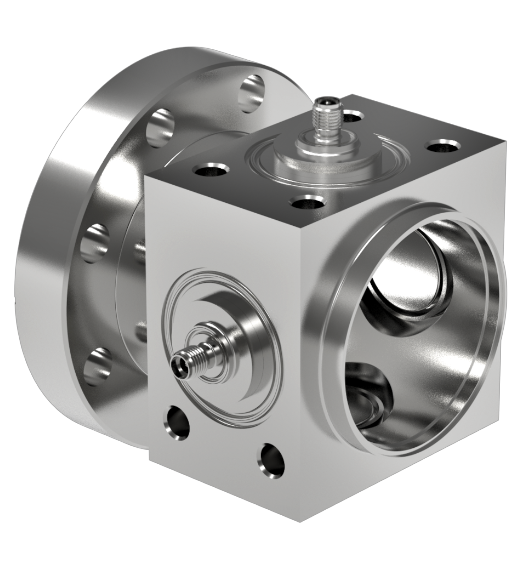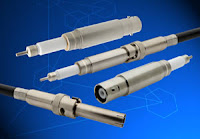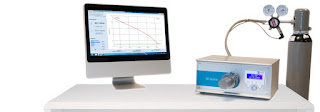Friday, April 25, 2025
Tuesday, June 20, 2023
Welcome to Solid Sealing Technology
Solid Sealing Technology Capabilities.
Experts in hermetic feedthroughs and connectors.
Thursday, March 23, 2023
Custom Vacuum Designs
Over the years xtronix has delivered many custom designed products, both systems and components. xtronix custom designs removes the burdensome task of design engineering, parts procurement, assembly, testing and final qualification. We work with suppliers, often companies we actively distribute products of, to obtain the best price and delivery, leaving our customers more time to focus on their own applications and less time worrying about all the intricacies of custom designs. Solid Sealing Technology (SST) partners with us for various custom feedthrough assemblies. Here is an overview of their capabilities:
The basis of most Solid Sealing Technology products is ceramic-to-metal sealing and/or glass-ceramic sealing. The process of making your custom part(s) begins with a comprehensive review of engineering needs that ensures a complete understanding of the application’s requirements. A skilled team will define a production plan that gets you your hermetic feedthroughs and connectors quickly.
MATERIAL SOURCING
SST materials and components are sourced from world-class suppliers. Detailed documentation and specifications are available for all custom hermetic feedthroughs and connectors to ensure the materials meet your needs.
PRECISION CLEANING
All components at SST must meet strict standards and are processed through a customized cleaning system. The standardized process includes a specialty aqueous cleaner followed by a cascade DI water rinse. This cleaning process has been used and approved by key customers like Sandia National Labs and the United States' Army. The same process can be used for precision cleaning of metals, ceramics, and glass and is suitable for UHV environments. SST will ship your custom hermetic products sealed so they are ready to use out of the box.
MANUFACTURING
With your production plan in place, SST will begin manufacturing your parts. Whether you are creating a completely new custom hermetic product or modifying one of our many hermetic feedthroughs or connectors, we offer a technology suite that will meet your needs. SST offers metalizing and plating of ceramics, active metal joining, vacuum and hydrogen brazing, glass-ceramic sealing, TIG welding, spot welding, machining, and mechanical assembly.
FINAL INSPECTION & TESTING
SST verifies all critical requirements before shipping, and the customer service team will provide any product-related resources you need. SST offers vacuum-bagging and other special packaging options if needed. Parts will arrive clean and ready to use out of the box.
- Helium Leak Detection – 100% of SST parts are leak tested before shipping. Parts are tested to a leak rate of less than 1x10^-10 atm.cc/sec
- Pressure Testing - Hydrostatic Pressure testing up to 30,000 psi
- Electrical Testing – Continuity, HiPot/DWV (Dielectric Withstanding Voltage), Megohm Resistance, Capacitance, Heat Rise Testing
- Physical Testing - Torque, Push-Pull Testing, Engagement Force Measurement
- CMM, Vision Systems, Go/No-Go thread and pin gauges, Surface Profilometer, and certified metrology equipment for inspection and analysis
- XRF Thickness Testing of Coatings & Material Verification
- Basic Thermal Testing: LN2 exposure, vacuum bakeout
- Fiber Optic Insertion Loss Testing
Monday, February 21, 2022
WELCOME TO SOLID SEALING TECHNOLOGY

Wednesday, September 8, 2021
What is a Kelvin probe?
The Kelvin probe is a non-contact, non-destructive vibrating capacitor device used to measure the work function (wf) of conducting materials or surface potential (sp) of semiconductor or insulating surfaces. The wf of a surface is typically defined by the topmost 1 - 3 layers of atoms or molecules, so the Kelvin probe is one of the most sensitive surface analysis techniques available. KP Technology systems offer a very high wf resolution of 1 - 3 meV, currently the highest achieved by any commercial device.
The Kelvin probe does not actually touch the surface; rather an electrical contact is made to another part of the sample or sample holder. The probe tip is typically 0.2 - 2.0 mm away from the sample and it measures the 'traditional work function', i.e. that found in literature tables. Other techniques, using very sharp tips some 10's of nanometers away from the sample, measure very reduced and distorted work functions due to the close separation of tip and sample.
Tuesday, January 5, 2021
Solid Sealing Technology Starts 2021 With New Website


Monday, November 16, 2020
Ф4 Ultra-high Vacuum Scanning Kelvin Probe
The Ф4 Ultra-high Vacuum Scanning Kelvin Probe system gives the user full access to work function measurements under vacuum with the ability to alter the temperature from 77 K to 860 K. The Kelvin probe measurement has resolution of 1 - 3 meV for a 2 mm tip on a conducting sample. The sample is mounted on a plate that is located on a motorized (x, y, z) translator attached to a stainless steel vacuum chamber. Phi 4 also comes with a photoemission spectroscopy system with a tunable source (3.4 - 7.0 eV). The deep ultra-violet (DUV) light spot measures approximately 3 x 4 mm. Absolute work function measurements can be obtained with this system in the range of 4.0 - 6.5 eV with an accuracy of 0.05 - 0.1 eV.
The system can be upgraded with surface photovoltage spectroscopy through utilizing other ports in the system chamber. Liquid nitrogen is used as the method of cooling the sample and heating is achieved by controllable direct current. Nitrogen gas is used to displace the oxygen to facilitate the use of the photoemission system source. An optical breadboard is used to support the chamber and standard power is required for operation.
Wednesday, June 24, 2015
Applications for the CryoLab cryocooler
We recently launched a new line of plug-n-play desktop cryocoolers for applications requiring cooling of small samples to 90 K or further down to 75 K (i.e. SQUIDs).












